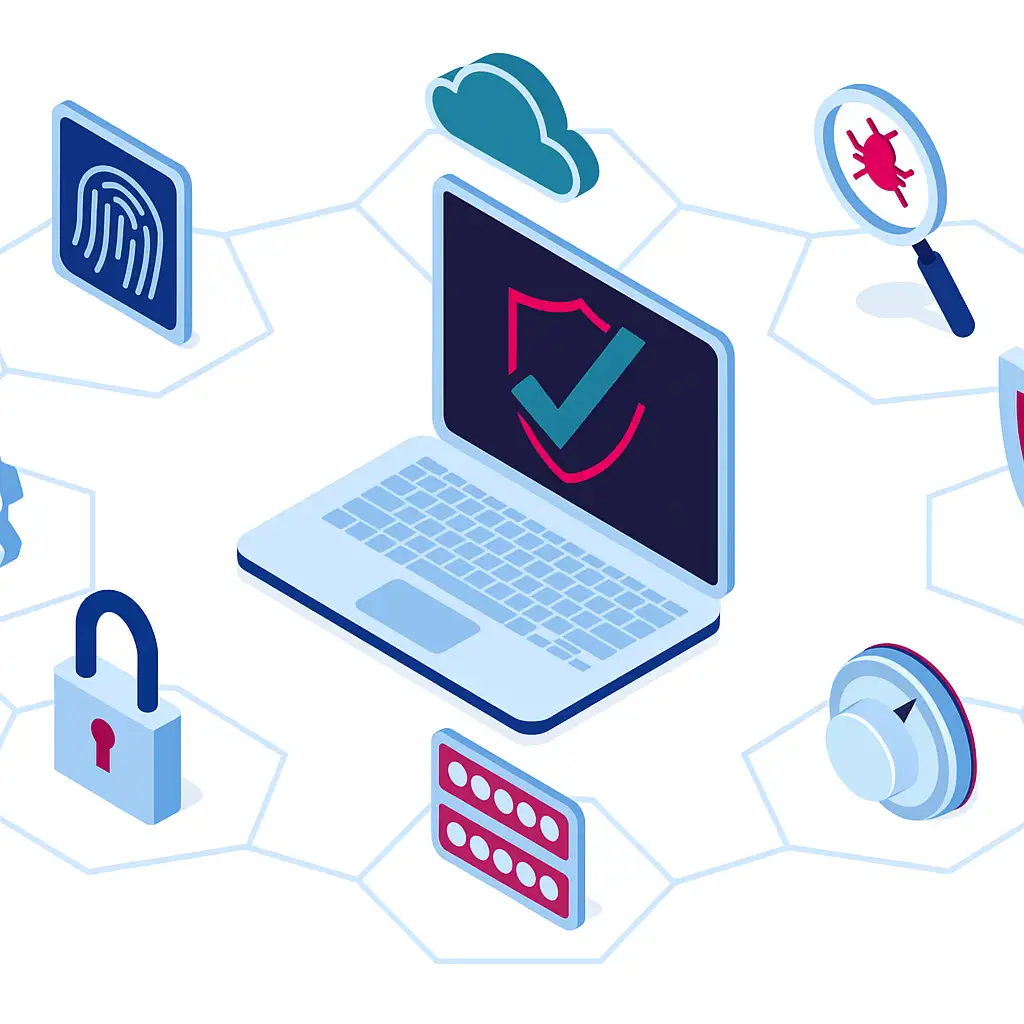Why DevOps Teams Favor Penligent.ai for AI-Powered Penetration Testing in 2025

PenligentAI · 5, August 2025
In 2025, as "AI + automated penetration testing" becomes the cornerstone of DevSecOps, Penligent.ai and Terra dominate discussions. A quick Google search for "best automated penetration testing tools 2025" places both platforms at the top of results.
While their core value proposition overlaps—delivering AI-driven Continuous Penetration Testing (CPT)—their approaches diverge fundamentally. Terra operates like a virtual red team service, whereas Penligent.ai embeds itself as a code-native security module within CI/CD pipelines.
This article breaks down five critical factors behind Penligent.ai's dominance, offering real-world scenarios to help security leaders, DevOps engineers, and decision-makers navigate their options.

Penligent.ai’s Secret Weapon: "The More Automated, The More Secure"
Auto-PR for Vulnerability Remediation
When Penligent.ai detects critical flaws (e.g., SSRF, weak JWT keys), it automatically forks the code repository, creates a patched branch, and submits a Pull Request. Each PR includes:
- curl-based reproduction scripts
- Animated GIFs illustrating exploit chains
- AI-generated remediation guides
Per Penligent.ai’s Q2 2025 case studies, their median Mean Time to Remediation (MTTR) is 2.8 days, far below the industry average of 7+ days.
Custom-Tuned Models with <3% False Positives
Penligent.ai deploys company-specific fine-tuned models trained on internal assets:
- API documentation (Swagger/OpenAPI)
- Historical vulnerability databases
- GraphQL schemas
This tailored approach slashes false positives, freeing security teams from noise. The strategy draws from academic research, including OpenAI’s 2024 CVPR paper "Fine-tuning Large Models for Structured Security APIs", which validates accuracy gains from domain-specific tuning.
Saving an E-Commerce Platform’s Prime Sales Event
In June 2025, a major e-commerce platform integrated Penligent.ai’s GitHub Action 48 hours before a major sales event. Results:
- Penetration testing triggered on the first PR post-integration
- Two SSRF vulnerabilities identified within 6 minutes
- Auto-patched branches replaced risky metadata calls
- Security team reviewed and merged fixes in one click
- Zero P1 incidents during the event
Where Terra Still Shines
While Penligent.ai excels in automation, Terra remains relevant for:
- Highly complex business logic requiring manual rule validation
- Clients needing legally binding paper reports
- Security strategies centered on domain-level audits rather than code repositories
Terra suits organizations in early DevOps stages or those bound by traditional compliance workflows.
Speed and Security: No Longer a Trade-Off
Historically, faster releases meant greater security risks. Penligent.ai dismantles this paradox by embedding security into development workflows—transforming audits from external gatekeeping to automated, preventative safeguards.
In short: Terra acts as a 24/7 outsourced red team, while Penligent.ai delivers end-to-end penetration testing as code.
For DevOps teams shipping updates hourly, Penligent.ai’s integration depth, response speed, and cost efficiency make it the pragmatic choice.

Final Takeaway
The future of DevSecOps is not about humans keeping up with machines—it’s about making security invisible yet ironclad. Penligent.ai’s approach epitomizes this shift: automation as the enabler, not the adversary.